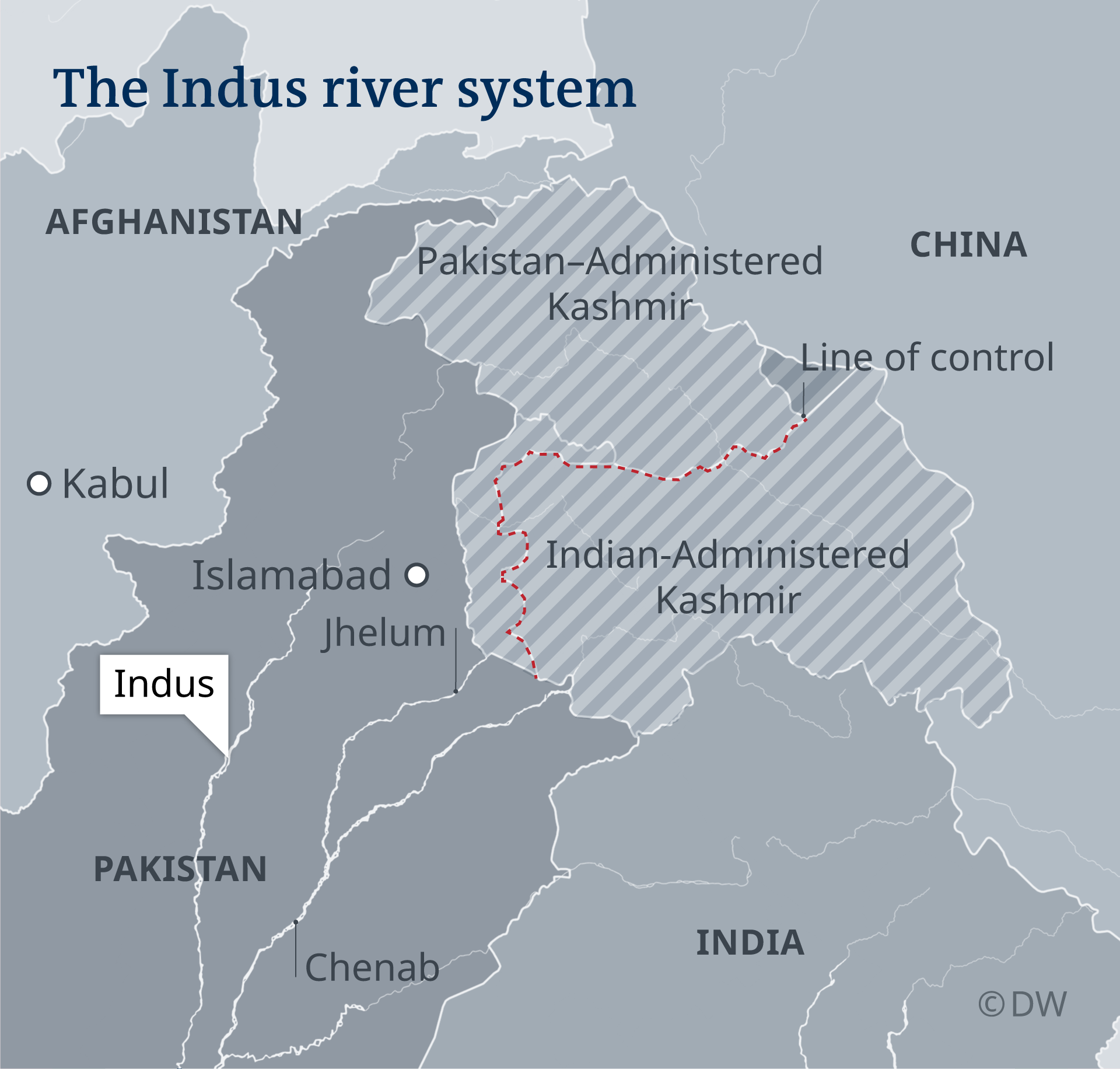
by Muhammad Akram 30 April 2020
Global contexts urge to think about climate and massive changes happened (and happening) in it over the course of human history which got sharp intensity right before the start of the 21st century and further intensifying[1]. The human being’s curiosity has affected the environment a lot around them leading to the massive changes in climate which in return has also impacted significantly the living patterns and approaches of not only human beings but also of other creatures as animals and birds. To care about life on earth, the prerequisite is to care about its natural belongings and productions with responsible and earth-friendly utilization which has not been the case. The earth is responding back with the scarcity of many blessings it had for utilization of creatures on/in it, including us human beings. This scarcity or shortage has multiplied due to the human curiosity of lust to gather more and more of its resources without caring to give back or responsible usage, and now the climate has reached the point of threat for living on/in it. Human beings got in the race to collect maximum from earth and even snatch from those who have it in their hands or lands. This change in the climate of earth has pushed millions of people in the shortage of basic living needs, and they are ready to do anything for meeting their needs which push them at the mercy of extremist behaviors and hence extremist groups.
Being engaged in the field of conflict transformations for more than ten years, I have seen many such cases where the shortage of living needs pushed the people, particularly youth, into violent extremism activities. For example, Pakistan experiences massive floods almost every year since 2010 which vanishes crops and lives in its way. The affected people must look for other means of their living since they do not get much economic opportunities due to the fragile economy. The demographics indicates that enrollment in madrassas has jumped rapidly in the areas where floods happen, e.g. southern Punjab and northern Sindh regions. Since madrassa provides free food and living to the children enrolled for religious education, the poverty ridden, and feudal system trapped parents find madrassas attractive for food and shelter of their children. With the limited worldview, parents do not have the ability to have an insider investigate those madrassas’ education system, teachers and management’s often extremist intentions and ‘connections. Yes, that not all madrassas in Pakistan have extremist narratives or ideologies.
I was stuck into the example of Syria where mismanagement of resources caused the 2006 drought in its northern region which pushed people to be internally displaced into other regions of the country. Again, irresponsible governance with those already displaced broke the violence and displaced more than 1.5 million people, killed and wounded thousands (Leber, 2015)[2]. If I relate this Syria example with Pakistan, water has become biggest threat of war between Pakistan and India, both nuclear armed states (Slater, 2019)[3]. India controls six rivers under the 1960 Indus Treaty which are major sources of water in Pakistan. India is already utilizing 94 percent of that water which has direction towards Pakistan and planning to utilize even the rest of waters. Due to climate change, every year in the monsoon season when water in India exceeds its storage capacity due to excessive rains, India opens the unutilized water in those rivers which cause heavy floods in Pakistan almost every year since 2010. There is already much discussion among political and public circles in Pakistan to respond aggressively to India’s water weapon. Political figures in Pakistan also take this water shortage in Pakistan as a weapon but only to extreme public perceptions and opinions against India. Being Pakistani, I understand that water from India is life for Pakistani people, but I am disappointed that how Pakistani governments waste 10 trillion gallons of water annually due to political and personal interests (The Nation, 2018)[4].
Violent extremism due to the environment and climate change can only be responded through effective and responsible utilization of natural resources at/inside earth. It includes, but not limited to, well-thought management of natural resources, their recycling and multi-purposing (e.g. Israel’s water strategy), public education on responsible usage, promoting climate recovery measures like tree plantation, etc. The examples of water droughts in Syria, capitals of Yemen and South Africa, and now rapidly unavailable clean drinking water in Pakistan are the clear examples of poor management of natural resources (here as water) by State governments. Many of us believe that climate change is happening with the will of God, of course it is, but we are not ready to realize that we (the human beings) are the major reason behind this change. Certainly, God does not like us mistreating His blessings in/at the earth. We (human beings) must have to respond the massively changed climate with mitigation strategies, primarily.
[1] XKCD. A timeline of earth’s average temperature. Retrieved from https://xkcd.com/1732/
[2] Leber, J. (2015). Climate change will create more violent extremism, if we let it. Fast Company. Retrieved August 3, 2019 from https://www.fastcompany.com/3054282/climate-change-will-create-more-violent-extremism-if-we-let-it
[3] Slater, J. (2019). India wants to use water as a weapon against Pakistan. A 59-year-old treaty stands in the way. Washington Post. Retrieved August 3, 2019 from https://www.washingtonpost.com/world/2019/02/22/indias-threats-pakistan-offer-hint-future-water-wars/?utm_term=.e6a4a34e384b
[4] The Nation. (2018). Pakistan wastes 10 trillion gallons of water annually. Retrieved August 3, 2019 from https://nation.com.pk/09-Jul-2018/pakistan-wasting-10-trillion-gallons-of-water-annually
